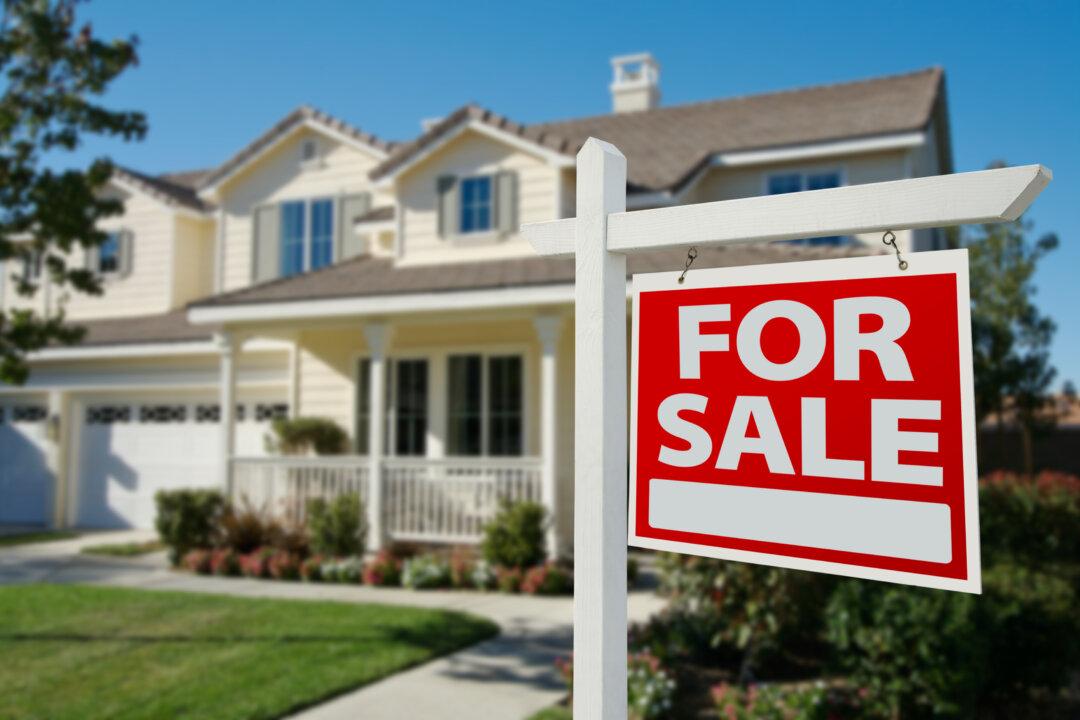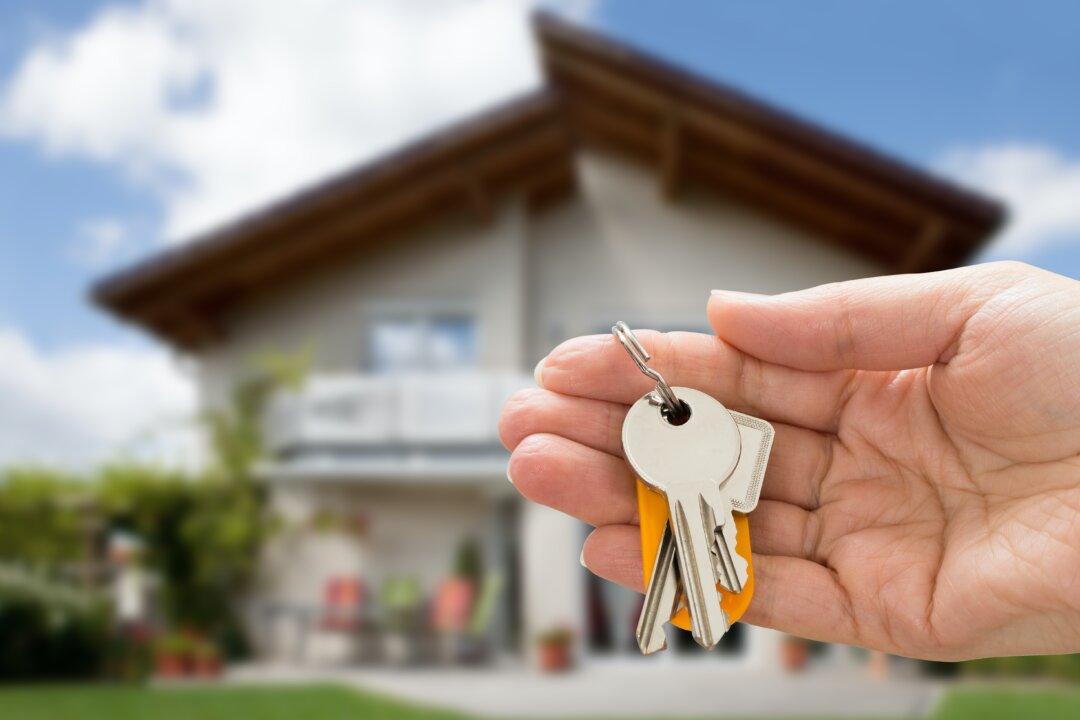Dear Monty: We are suspicious of our home sale. We found out our agent (No. 2) and the buyer were friends at the closing. The lender also had close ties to the buyer. Our home was listed with agent No. 1 for seven months with no results. We switched agents and received an offer from a buyer using agent No. 2, who was also friends with our old agent No. 1. We had lots of pressure to accept the offer. We got them up, but we were still low. A similar house two doors down sold for 15k more. We think agent No. 1 and agent No. 2 conspired to hold our house on the market so a friend could buy it for less. Should we be going to the state regulators to file a complaint?
Monty’s Answer: Is there anything else you have heard, seen or read that creates your suspicion? Did you overhear a conversation or see an email -- something that seems like the proverbial smoking gun? Anything besides what you have shared that might have triggered this concern?





